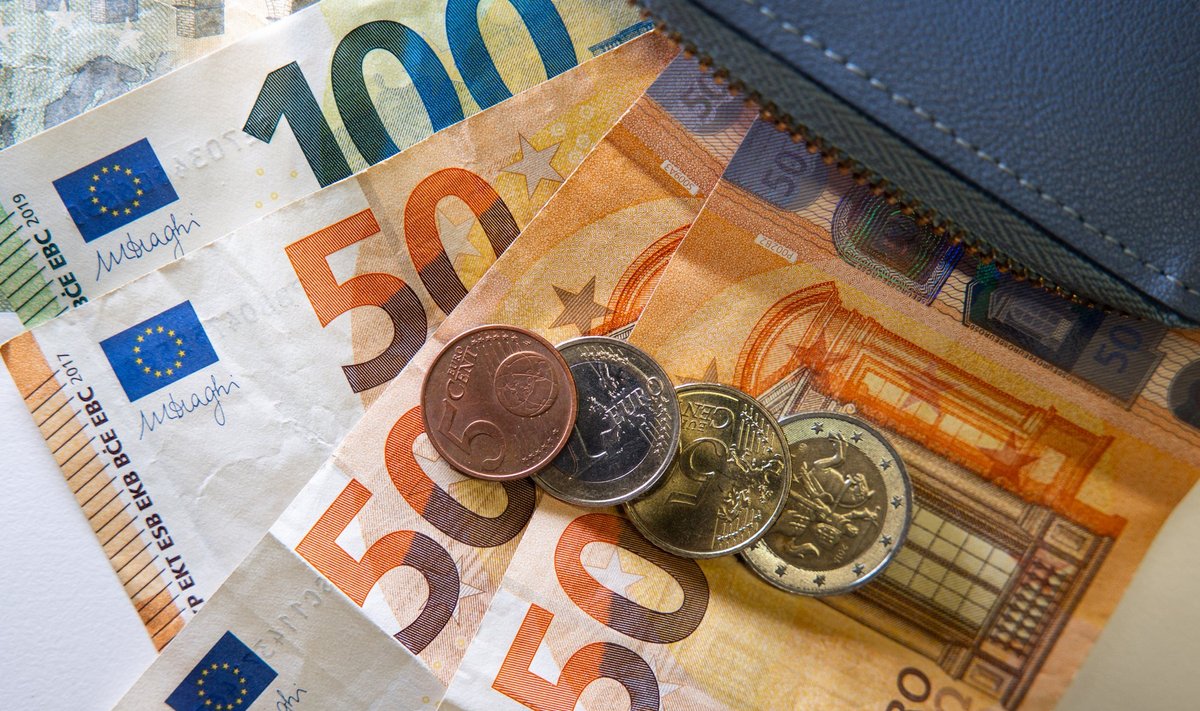A third main suspect, leading another organised crime group (OCG), was arrested in the same operation for defrauding the Italian authorities of EUR 15 million in public funds. These funds were laundered via the same myriad web of enterprises, centred around the financial institution in Lithuania.
During an action day on 27 February, around 250 judicial representatives and law enforcement officers were active on the ground. In total 18 persons have been arrested, including the three main suspects. In total 55 places were searched and over EUR 11.5 million in assets and bank accounts have been frozen. Eurojust and Europol played pivotal roles in facilitating and coordinating the international activities.
The financial institution offered money laundering as a service to thousands of criminals across the EU, by making fictitious financial transactions via the web of enterprises, which were run by strawmen. It advertised its alleged consultancy services online and was set up in Lithuania in 2016 by an Italian-based OCG.
The financial institution was led by the two main suspects, who resided in Lithuania and Latvia. The OCG laundered the proceedings of a range of criminal activities, including tax evasion, cyber fraud, fake bankruptcy and organised crime such as drug trafficking. Part of the proceeds were injected into the Latvian and Lithuanian economies via the purchase of real estate and luxury vehicles.
The laundered money included the EUR 15 million from unlawfully obtained so-called building bonuses, provided by the Italian national authorities. These bonuses were given for renovation and insulation works and other energy-saving measures of existing buildings. In reality, no repairs took place, the applicants were not the owners or the buildings did not even exist. The main perpetrator of this fraud was a practising tax consultant, who arranged the awarding of bonuses for 72 other individuals who were aware of the abuse.
Investigations into the OCG were initiated in 2021 by the Public Prosecutor’s Offices of Naples and Lecce in Italy, involving their counterparts in Latvia and Lithuania in 2022 via Eurojust.
In 2022, the financial and judicial authorities in Lithuania already closed down the electronic payment institution. Its banking licence was revoked and bankruptcy procedures were started for non-compliance with money laundering prevention regulations. A rapid reaction of Latvian and Lithuanian authorities to reports on suspicious transactions led to the identification and freezing of millions in funds, real estate properties and luxury vehicles, which now can be confiscated.
During the same year, Eurojust supported the setting up and funding of a joint investigation team between all national authorities involved. Eurojust also set up a coordination centre to support the simultaneous actions in the three countries.
Furthermore, Eurojust organised eight coordination meetings to prepare for the simultaneous actions of the Italian, Latvian and Lithuanian authorities. These preparations also prevented potential conflicts of jurisdiction. Eurojust has also already facilitated the restitution to Italy of over EUR 3 million of the illegally obtained public funds, which have been frozen by the Lithuanian authorities.
Europol has been supporting the case since January 2022, working closely with the national investigators to uncover the magnitude and complexity of the activities carried out by the OCG. During the action day, two Europol experts were deployed to Latvia to support the authorities with their investigative measures. A third Europol specialist was deployed to the coordination centre at Eurojust, with an analyst on hand at Europol’s headquarters to handle the contributions shared via Europol’s secure communication channels.
The operations against the OCG are the result of long-term intensive cooperation across Europe of the three countries involved. Eurojust vice-president and national member for Lithuania, Ms Margarita Šniutytė-Daugėlienė, acting national member for Italy, Mr Aldo Ingangi, and national member for Latvia, Ms Dagmāra Skudra, jointly stated: This collaboration really shows the importance of a well-coordinated and prepared approach across Europe. It is a clear example of the role Eurojust plays in transnational judicial cooperation and shows criminal networks, such as the one we tackled, that we know have no borders either. We will continue to work closely together to get justice done and take on fraud involving public funds.

